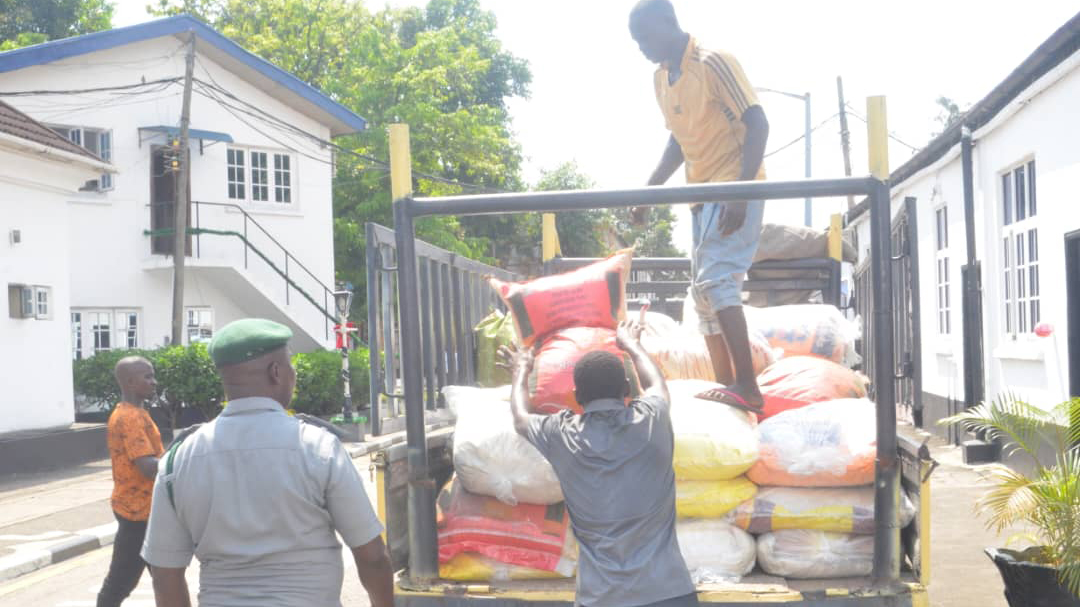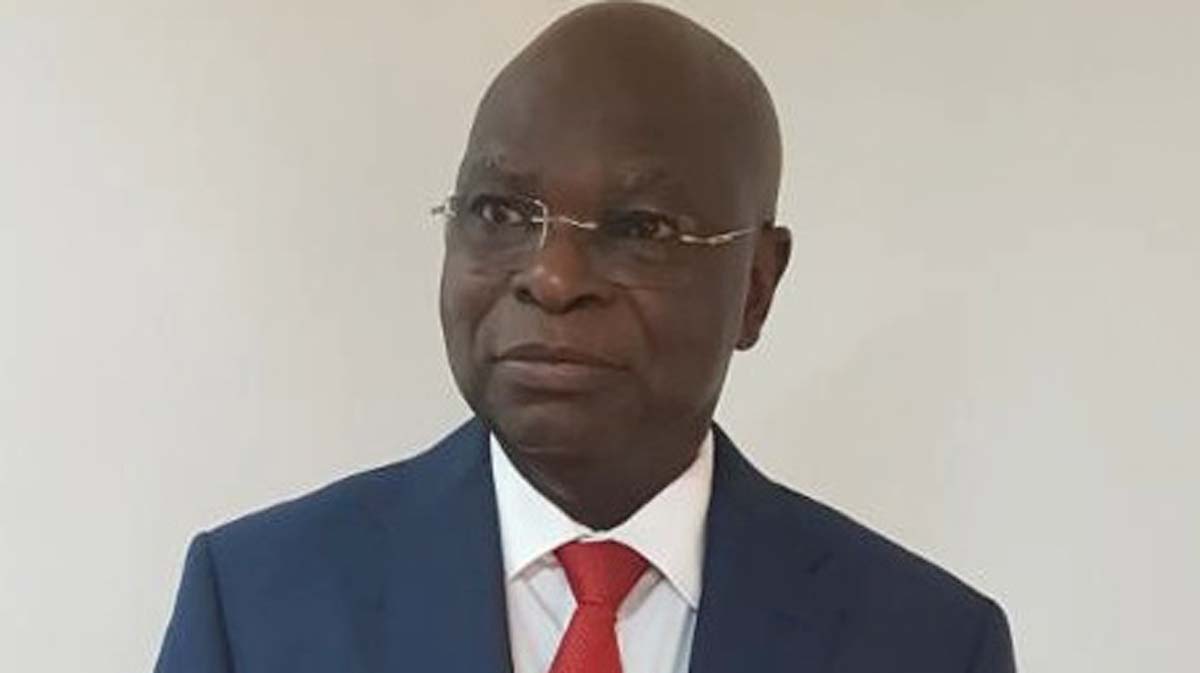Experts have warned that Nigeria’s food security will remain in danger unless the country urgently embraces Artificial Intelligence (AI) to boost agricultural productivity.
The Minister of Communications, Innovation and Digital Economy, Dr Bosun Tijani, gave the warning at the GITEX Nigeria Government Leadership and AI Summit held in Abuja yesterday.
Tijani said AI-powered precision agriculture could transform Nigeria’s food system and lift farm yields to global standards. The minister drew comparisons between Nigeria’s maize yield of about 2.5 tonnes per hectare, South Africa’s five to six tonnes, and Brazil’s ten to twelve tonnes, stressing that the gap was not about land or rainfall, but about productivity powered by technology.
“Productivity is the foundation of competitiveness, and if we cannot close this gap, Africa will keep importing food, services, and innovation instead of creating them,” Tijani warned.
According to him, Brazilian farmers already use AI soil sensors and predictive analytics to determine the best time for planting and harvesting, while advanced machines cut herbicide use by up to 95 per cent. In contrast, he expressed concerns that many African farmers still relied on guesswork and traditional methods.
“This is not the Africa we want. With our youthful population, we must prepare for jobs for the next hundred years, and AI must be central to that plan,” he added.
The minister explained that the challenge extended beyond agriculture to logistics, finance, and education, stressing that AI was already optimising delivery routes globally, automating fraud detection in finance, and providing millions of students with personalised learning.
“These are opportunities we cannot afford to miss if we want to compete on the world stage,” he added. Tijani also argued that Africa must not remain a consumer of AI innovations developed elsewhere, and urged the continent to generate its own data, build homegrown applications, and shape AI ethics to reflect its culture and values.
He called on African governments to fund AI research centres, encourage public-private partnerships, and strengthen universities as hubs of innovation.
On inclusivity, the minister emphasised the need to support smallholder farmers and rural communities with simple, affordable AI solutions.
Also speaking at the event, the Director-General of the National Information Technology Development Agency (NITDA), Kashifu Abdullahi, cautioned that Africa could not afford to miss out on the AI revolution as it did in past industrial revolutions.
Abdullahi traced the continent’s history of missed opportunities, noting that Africa supplied raw materials during the first, second, and third industrial revolutions but failed to industrialise.






